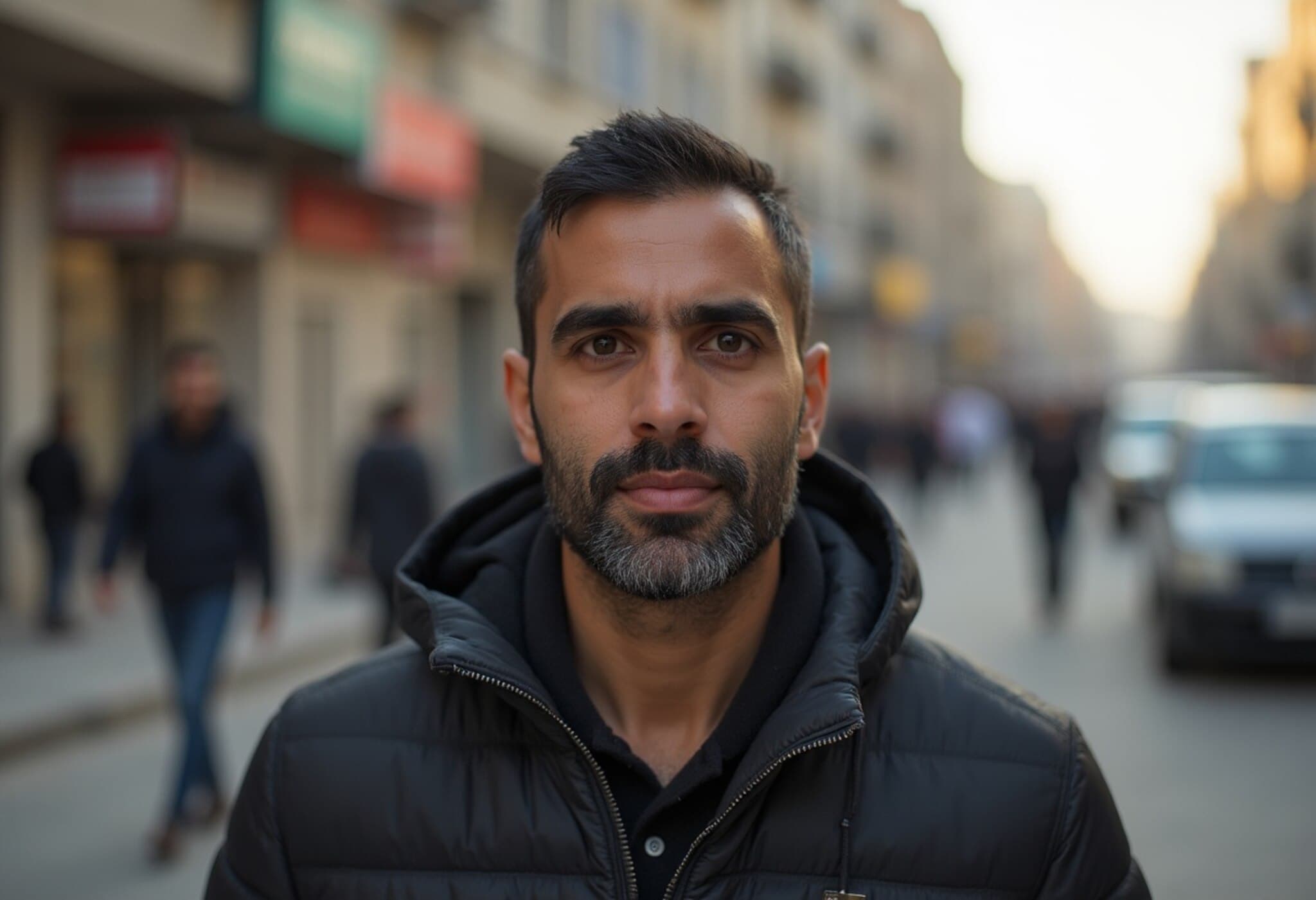UAE Warns Social Media Users: Comments Can Have Serious Legal Consequences
In an increasingly connected world, where a simple social media comment can reach millions, the United Arab Emirates (UAE) is reinforcing its stringent stance on digital conduct. Authorities across the Emirates have issued stern warnings that not only posts but also comments or replies containing abuse, insults, or defamatory content can result in severe legal consequences, including hefty fines and imprisonment.
Legal Boundaries Beyond Posts: Comments Are Under Scrutiny
Colonel Omar Ahmed Abu Al Zawd, Director of the Criminal Investigation Department at Sharjah Police, recently stressed the zero-tolerance policy towards online insults. "The law is clear — online insults, even within comment threads or replies, are punishable," he told local media. His message was clear: commenting on a public post does not grant anyone a license to belittle or humiliate others verbally.
This approach signals a broader enforcement trend where digital interactions, often perceived as casual or harmless, are treated seriously under the law.
Unawareness of Cyber Crime Laws Puts Users at Risk
Major Abdullah Al Sheihi, acting director of the Cyber Crime Department at Dubai Police, highlighted a worrying gap in public knowledge. Many social media users seem unaware that their words — whether texts, videos, audio clips, or live stream comments — are subject to legal boundaries. "Many users assume comments, especially during live sessions, are casual and harmless. But every word is recorded, traceable, and can result in legal action," he explained.
This disconnect between digital freedom perception and legal realities can result in users inadvertently crossing boundaries, facing litigation or criminal charges.
Negative Reviews May Lead to Criminal Charges
The UAE's strict defamation laws extend into online reviews on platforms like Google. Legal consultant Wael Obaid of Dubai Courts explained, "People believe they're merely sharing opinions. But if a comment is perceived to cause personal insult, moral harm, or reputational damage — even indirectly — it becomes a criminal matter." Courts rely heavily on digital evidence, making it easy to trace and hold individuals accountable.
This legal framework challenges the common Western perception of online reviews as protected free speech and reflects the UAE’s prioritization of social harmony and reputation protection.
Authorities Advocate for Digital Civility and Caution
In light of these strict regulations, UAE's authorities urge residents and visitors alike to avoid engaging with content they find disagreeable through abusive remarks. Instead, ignoring contentious content is a safer and legally compliant approach. The digital footprints left behind by comments can be compelling evidence in court, emphasizing the importance of thoughtful and respectful online behavior.
What Are the Potential Penalties?
- Fines: Between Dh250,000 to Dh500,000 (approximately Rs 60 lakh to 1.2 crore)
- Imprisonment: Up to two years in certain cases involving defamatory or insulting online content
Such punishments underline the UAE’s commitment to maintaining social order in its increasingly digital public sphere.
Expert Perspective: Balancing Free Expression and Social Harmony
From an international human rights perspective, the UAE’s approach may appear restrictive. However, within the region’s cultural and legal context, protecting personal reputation and social cohesion holds paramount importance. This raises nuanced debates about defining the limits of online speech and the responsibilities of internet users.
For social media users worldwide, this serves as a critical reminder: the freedom to express does not equate to freedom from consequences. Users operating within or engaging with the UAE’s digital ecosystem must tune into local laws and adapt their behavior accordingly.
Editor’s Note
The UAE’s crackdown on abusive comments reflects a growing global trend toward regulating online speech to safeguard community standards and personal dignity. As digital spaces evolve, so do the expectations and laws governing them. This story invites readers to consider how different societies balance free speech with social responsibility, and how individuals can navigate these boundaries carefully to stay protected in complex legal landscapes.












